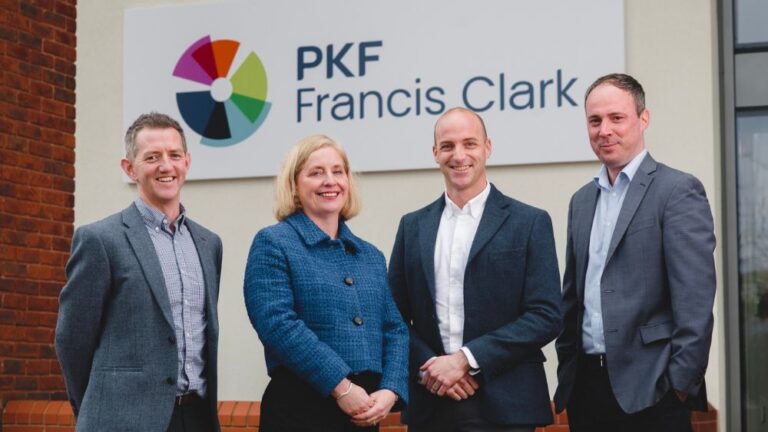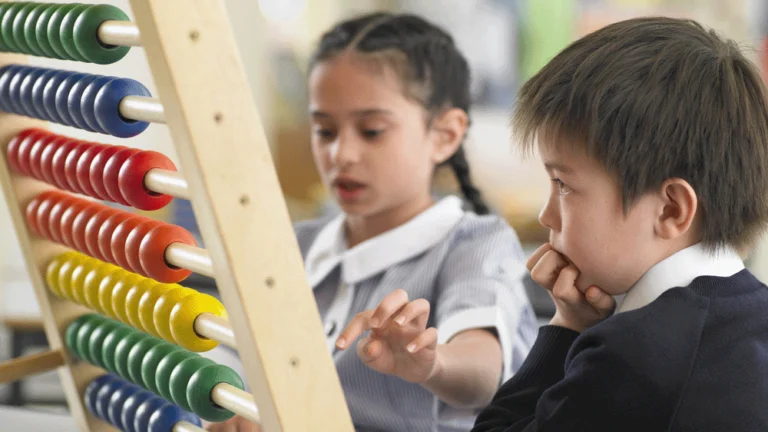
A guide for schools: The effects of VAT on private school fees
Journalists and economists are predicting a Labour win on 4 July 2024 and Keir Starmer has confirmed publicly that if elected, his government will impose VAT on school fees charged by private schools, often referred to as independent schools. What’s more, this policy will be implemented immediately, potentially retrospectively. Treating private school fees as taxable would require a change in the legislation. And although retrospective legislation is possible (there is precedent for this), it could be difficult for Labour to implement. Private schools should therefore prepare themselves for the change should Labour win and consider strategically beyond VAT what they can do to reduce the impact.
What does this change for private schools?
The main change is around VAT, but there is also the intention to remove the business rate relief that currently applies to private schools. There is no change planned for private schools’ charitable status which should mean that they can continue to enjoy certain direct and indirect tax benefits of retaining this status.
What is the impact on private schools?
It is inevitable that schools will need to pass some, if not all, of the VAT on to parents which would mean increased school fees that some parents would find unaffordable. The likely outcome is a drop in school numbers and some surveys indicate up to 25% of parents/carers will remove their children from private schools if there is an increase in fees. Perhaps more realistically, the Institute for Fiscal Studies suggests 3 – 7% drop but the general and consistent expectation, is that pupil numbers will decrease. It follows that private schools will have less revenues from pupil admissions and related activities to fund operational activities, new learning programmes and capital projects. Please do have a look at our previous blog on the impact of these changes.
What can schools do to alleviate the change in VAT rules?
There are various strategies that private schools are either implementing now or should be considering, which will help mitigate the impact of the VAT changes as summarised below:
VAT recovery planning
Private schools should start reviewing their income streams and expenses, including prior and planned large capital items to calculate the likely VAT they will be able reclaim from HMRC should this change occur enabling actual net VAT costs to be determined, which in turn can be used to reduce the impact of school fees on parents.
Advance payments
There has been much discussion regarding advance payments. The desired effect is to ensure that the existing VAT treatment of school fees to be applied to these payments based on tax point rules in VAT.
To clarify further, the timing of when VAT should be accounted for depends on the ‘tax point’. Theoretically it is possible to forestall a future change in the VAT liability of education supplies via an advance payment but certain conditions would need to be met for this to be effective – for example, the private school must have ‘unfettered access’ to the funds.
As a note of caution HMRC could view advance payments as ‘abusive’ and assess the school for the VAT due on these supplies of education. Moreover, the shadow education secretary has said publicly that the Labour Party will ensure that parents will pay VAT on private school fees, even if they have been paid in advance, by making a change to tax law. This may be achieved by bringing in anti-forestalling legislation (potentially invalidating pre-payment schemes). It would, however, be unusual for such legislation to be retrospective or retroactive so an advance payment made now ‘may’ be acceptable and effective in securing the existing VAT exemption.
With the general election date fast approaching, schools that have previously implemented advance payment schemes should consider if this strategy is effective in maintaining the existing VAT exemption and to be prepared to deal with a possible challenge by HMRC.
Income generation strategy
A range of income generating activities should be discussed including:
- Sharing sports facilities with the local community
- Making car parking spaces available during school holidays
- Running school clubs (winter and summer)
- Hosting events such as running, cycling, swimming, walking, etc
- Raising sponsorship through advertising
- Installing energy systems such as solar energy to meet own energy requirements and possible sell any surplus
The VAT and tax treatment of the above should be considered and given the charitable status of private schools. Changes to the corporate structure of the private school should be considered to mitigate corporation tax on profits through, for example, the gift aid scheme.
Funding shortfalls
Any revenue gaps that cannot be closed may require a source of funding for working capital purposes. It should be possible to arrange for necessary funding from a specialist provider at affordable lending rates.
Final thoughts on VAT on school fees
It seems clear that the Labour Party will implement its VAT policy on private school fees. What is not clear is how they will implement it, including any anti-forestalling measures that will be brought in to give the policy effect.
Private schools have many factors to consider when assessing the full impact and implications of their fees being made taxable. However, as always with VAT, proper advance planning is the key to managing its impact. Taking specialist advice could even uncover some unforeseen benefits – meaning that it may not all be bad news for schools or parents after all.
Written by










